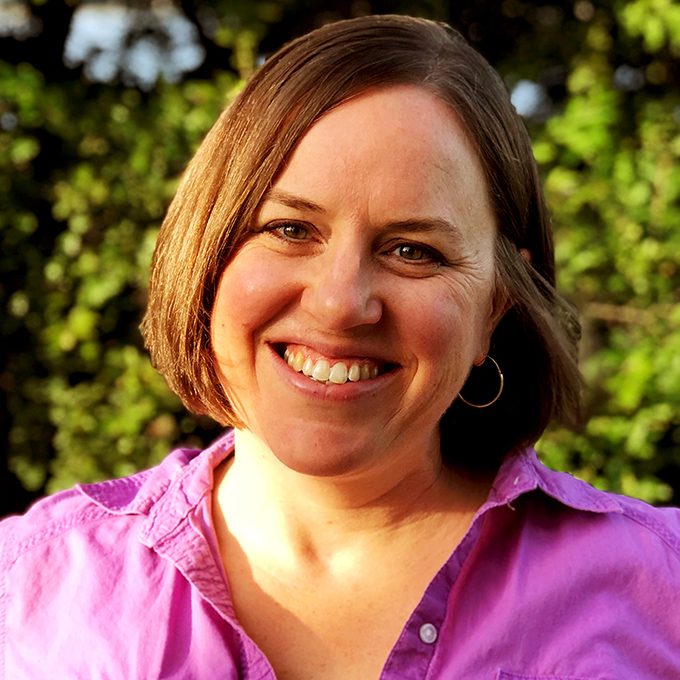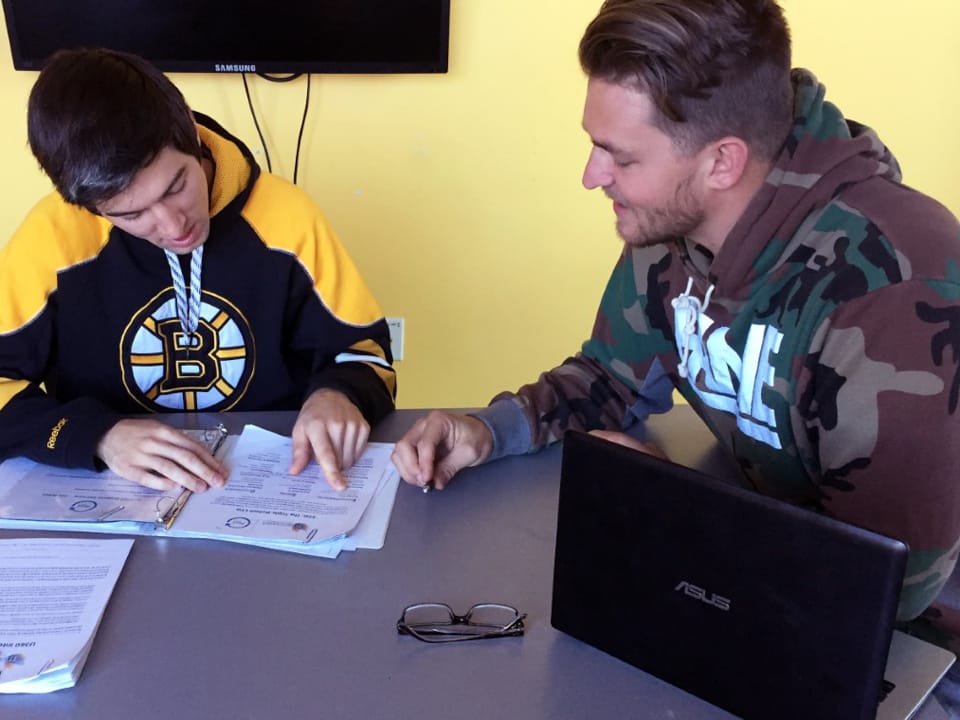Name: Maddie Hayes, Spring 2018 U360 intern
From: Rochester, NY
College: University of Vermont (UVM)
Graduated: May 2019, B.S. in Environmental Science with a minor in Geospatial Technologies
What have you been up to since completing U360 and what are you doing now?
 In summer 2018, I started an internship at the UVM Spatial Analysis Lab and continued working there full-time after graduation. I used drones to study various environmental problems across the state, including invasive species management and wetland restoration. We worked with clients in all sectors and I was a part of the entire workflow, from actually flying the drones to using GIS (geographic information systems) software to generate final products. I was also working on the land cover mapping team, using satellite imagery to produce GIS products for different states and cities. We worked with decision-makers and city planners to provide them with key information for organizational and governmental planning, such as the percent of tree canopy cover or the percent of impervious surfaces in their area. This job was my first experience with drones and using GIS outside of the classroom, and I was immediately hooked.
In summer 2018, I started an internship at the UVM Spatial Analysis Lab and continued working there full-time after graduation. I used drones to study various environmental problems across the state, including invasive species management and wetland restoration. We worked with clients in all sectors and I was a part of the entire workflow, from actually flying the drones to using GIS (geographic information systems) software to generate final products. I was also working on the land cover mapping team, using satellite imagery to produce GIS products for different states and cities. We worked with decision-makers and city planners to provide them with key information for organizational and governmental planning, such as the percent of tree canopy cover or the percent of impervious surfaces in their area. This job was my first experience with drones and using GIS outside of the classroom, and I was immediately hooked.
In December 2019, I moved to Beaufort, NC, to work at the Duke University Marine Lab. I’m a Remote Sensing Analyst and Research Technician at the Marine Robotic and Remote Sensing Lab, and I’m still flying drones for environmental research. My projects are focused on using drones and geospatial analysis to study marine animal and habitat data in biomes spanning polar to tropical zones. I’ve recently shifted my research focus into the Artificial Intelligence world, where I’m trying to automate various analysis techniques so we can focus on the more complex research questions. I’m working on projects based in Argentina, North Carolina, and Florida, studying everything from oysters to marine mammals. I’m planning on working in Antarctica in the coming year, where I will be helping with long-term projects on whales and seals. It’s incredible to see what researchers can do with this technology, and I love that I get to see complex environmental problems from such a unique perspective. I’m fascinated with the rapidly evolving technology and the innovation that comes from it, and I can’t wait to see where we go from here.
What are your professional aspirations? What would you like to do over the next five years?
I would love to get my Ph.D. and a long-term research position at a university. I’m really interested in the marine science world, and I hope to continue my education in a program where I can study remote sensing and computer vision for marine ecology research. The ocean is such an important indicator of environmental health across the world, and I want to make sure I have the knowledge and experience I need to do my part. I never want to stop learning or asking questions, and I hope that my work will make a difference and inspire other women in STEM.
How do you envision creating a more sustainable world through your career and how did Manomet’s U360 prepare you to do that?
By continuing a career in scientific research, I want to understand the complex adaptive systems of our world—specifically coupled human-environment systems. I think the concept of sustainability science is unique because it combines social and hard sciences to tackle Earth’s biggest problems through a place-based approach. To study coupled human-environment systems, it requires the integration of ecological, economic, and sociocultural processes. A key component of this is understanding human behavior, and that involves collaboration across boundaries. This presents many challenges, including how to effectively communicate while considering differing viewpoints and objectives.
I want to integrate what U360 taught me into the environmental science research community. Through U360, I was able to talk with small business owners from different backgrounds to learn what they valued and what obstacles they faced. I learned how to talk about sustainability with professionals in many industries, regardless of their opinions about sustainability or experience with it. U360 helped me truly understand how sustainability is so much more than “going green”—it’s something that can be mutually beneficial for all regardless of what drives people. The concept of sustainability can be daunting, but by taking an individual or place-based approach to understand what drives human behavior we can start to chip away at some of the world’s biggest problems. U360 has been a big piece of the puzzle in helping me make sense of this and it has helped me feel confident in my ability to be an innovator.
What else is important in building a more sustainable world?
I believe gender equality is absolutely crucial in building a more sustainable world. Across the globe, women are responsible for securing food, water, and energy for their families, and are thus the most vulnerable to unsustainable practices. This also means that these women know firsthand what the core issues are and what potential solutions could be. There is untapped potential in half of the world’s population, even though women are facing the same global issues. We must recognize the power that women’s contributions can have. Empowering women as decision-makers and stakeholders will be catalytic in changing how human systems interact with natural systems. Supporting more women as innovators and leaders will lead us to more inclusive solutions, and thus, a more sustainable world.





 Back to all
Back to all

